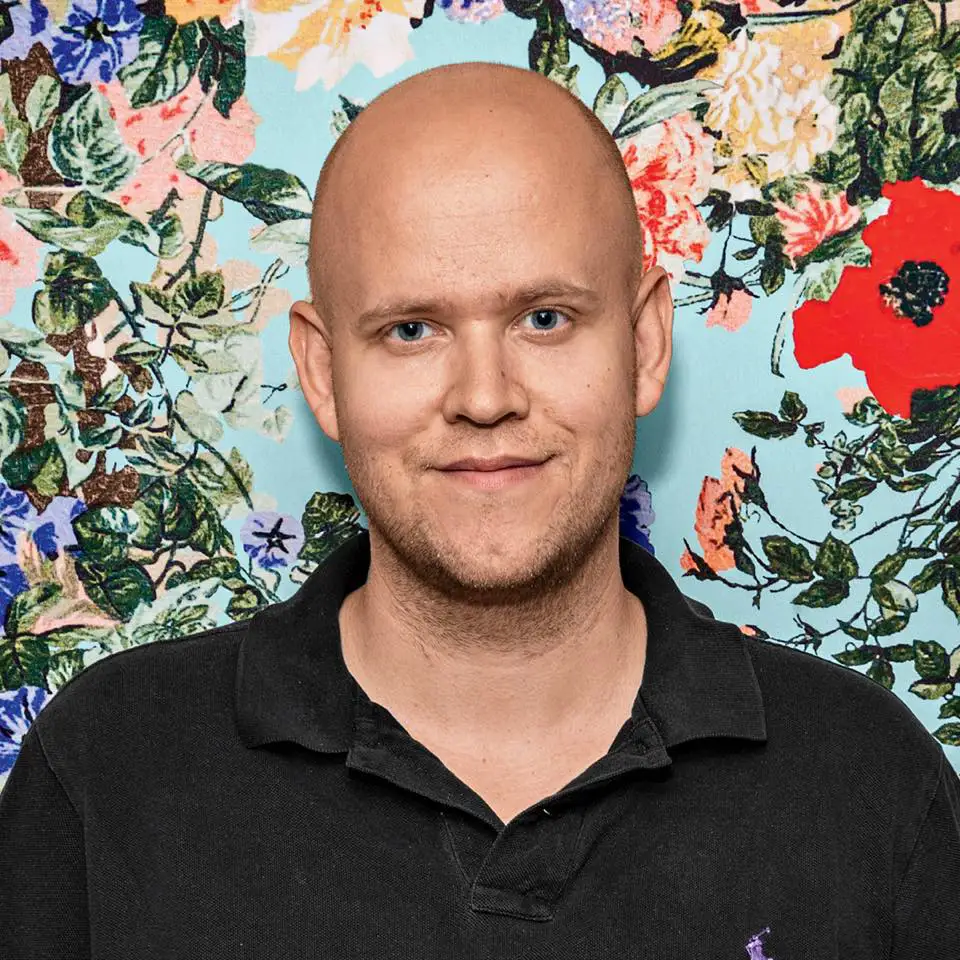When we think of Daniel Ek, the founder and CEO of Spotify, we tend to imagine him as a pioneer of the digital world, someone who transformed the way we listen to music. But now his name is back in the headlines for a very different reason: a million-dollar investment in military technology.
Through his investment firm Prima Materia, Ek has led a €600 million financing round in Helsing, a German company specializing in developing artificial intelligence for military purposes. And not only that: he also took on the role of chairman of the company’s board of directors, reaffirming his commitment to what he calls “Europe’s technological defense.”
What does Helsing do and why is it so controversial?
Founded in 2021 in Munich, Helsing presents itself as a company that seeks to “put artificial intelligence at the service of democracies.” In practice, it develops software capable of analyzing military information in real time: radars, thermal cameras, and sensors that combine to create a digital map of the battlefield. Its technology is already being used in the war in Ukraine, supporting local army operations.
But the project did not stop at software. Since late 2023, Helsing has been manufacturing its own combat drones, including the HX-2 model, an autonomous electric aircraft capable of operating without GPS and resisting enemy electronic attacks. This evolution marks an important step: from being a technology provider, the company now directly produces smart weapons.
The company is valued at €12 billion and has contracts worth hundreds of millions with the German and Ukrainian governments. Its presence in the European conflict is not insignificant, and this has sparked a heated ethical debate.
The ethical dilemma: defend democracy or fuel war?
Ek says his decision is based on a conviction: “The world is being tested, and Europe needs to defend itself technologically.” However, many wonder whether it is right for a leader in entertainment and digital innovation to invest in the arms industry.
Helsing promises not to work with authoritarian regimes, but has not been entirely clear about its links or clients. Critics and digital activists point out that, however noble the discourse of “protecting democracies” may be, the reality is that artificial intelligence applied to warfare has unpredictable consequences.
In other words: what happens when technology created for music and entertainment ends up financing drones and autonomous combat systems?
Artists protest

The controversy quickly spread to the music world. Bands such as Massive Attack, Paramore, and Icelandic artist Björk decided to remove their music from Spotify in protest. Massive Attack was one of the first to speak out openly, stating that they did not want their streams to contribute, directly or indirectly, to the financing of “lethal and dystopian” technologies.
These protests are part of a global movement called “No Music for Genocide,” which seeks to pressure streaming platforms to withdraw their presence from conflict territories, particularly Israel, in solidarity with Palestine. More than 400 musicians and record labels have joined this campaign.
Although the causes of the boycott of Spotify and support for Palestine are technically different, many artists see a moral connection: if the money generated by their fans ends up feeding war industries, they prefer to step aside.
Ek’s decisions and the future of Spotify

This is not the first time Daniel Ek has ventured into the world of defense. In 2021, he had already invested €100 million in Helsing. The difference is that now his bet has multiplied, consolidating him as one of the main investors in the sector in Europe.
To finance his participation, Ek sold a significant portion of his Spotify shares—more than $700 million in total—although he retains control of the company thanks to a shareholding structure that gives him more than 29% of the votes. With this, he seeks to maintain Spotify’s course while diversifying his fortune into industries he considers strategic for the continent.
However, that decision could come back to haunt him. At a time when public image and ethical consistency are as important as numbers, the link between Spotify and the war could jeopardize its relationship with artists and users.
A new era for big tech
Ek’s investment is part of a broader trend: large technology companies are no longer limited to entertainment or communication. Increasingly, they are entering sectors such as defense, energy, and artificial intelligence applied to security.
Some see this as an inevitable step: if current conflicts are also being fought in the digital arena, Europe needs strong and self-sufficient technology companies. Others, however, fear that this will open the door to a “militarization of Silicon Valley,” where innovation ceases to serve civil welfare and becomes a tool of war.
Between music and weapons
The story of Daniel Ek and Helsing leaves us with an uncomfortable question: can an entrepreneur build the future of music while simultaneously financing the future of war?
While some applaud him for betting on Europe’s technological independence, others accuse him of betraying the values that once made Spotify a symbol of creativity, culture, and connection.
For now, the truth is that the line between technology, art, and politics has never been so thin. And the debate is just beginning.







































Leave a Reply